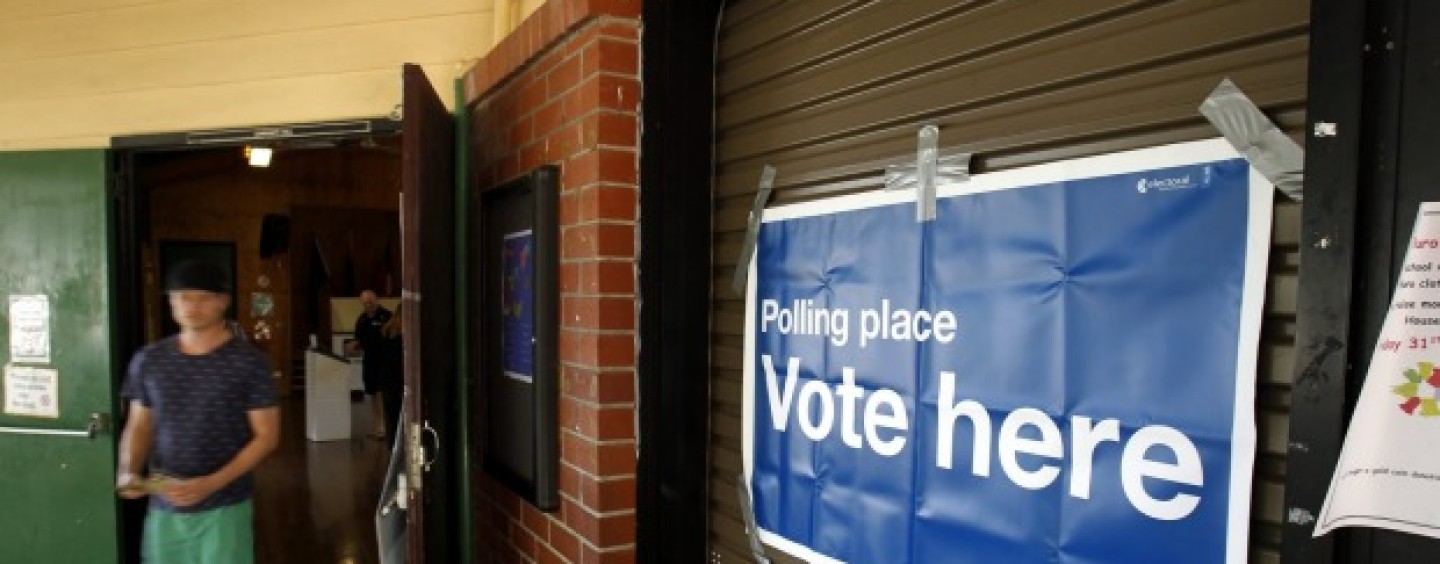Various people, the Greens among them, are cheering at the defeat of former Newcastle Lord Mayor Jeff McCloy in the High Court. He had sought to overturn a New South Wales law banning property developers from making political donations. The same law also prohibits donations by gambling and tobacco interests to state political parties.
This cheering is misplaced. The ruling provided no endorsement for similar proposals for a federal ban including mining and alcohol industries. It merely upheld the NSW government’s right to make this kind of law. It says nothing about whether banning people from doing what they want with their own money is good law.
Nonetheless, the Greens are working on banning donations from everyone whose activities they dislike, while continuing to receive donations from people who support their policies. Fairly obviously, this is a game anyone can play. It could just as easily lead to bans on donations from wind farms, Greenpeace, and NGOs lobbying to close down the coal industry.
There is a simple solution to concerns about donor corruption – the disinfectant of sunlight. Anyone should be able to donate to any political party of their choice, but we should all be able to find out who donated. Making it easy and fast – so that donors can be identified in a week, not months – will ensure both donors and recipients are held to account. The media will have a field day, and this would be a good thing.
Risks regarding the political influence of donors, real or perceived, are also countered by regular elections. If you don’t like what politicians have been doing, you can kick them out.
In the interests of disclosure, here is my contribution to donor transparency.
Because we have received donations from tobacco companies, the Liberal Democrats are sometimes accused of being in thrall to Big Tobacco.
In thrall to all
This is regrettable. We would like it known that we are equally in thrall to Medium and Small Tobacco. Furthermore, I cannot in good conscience say that my party would knock back donations from the fast growing illicit and chop-chop tobacco sectors either – on a strictly don’t ask, don’t tell basis, of course. In fact, I look forward to the day when we are accused of being in thrall to Big, Medium, and Small Weed. As for developers, alcohol, gambling, and mining companies – we welcome them all.
To explain this, it should be understood that we have a long and glorious history of supporting the right of smokers to enjoy their habit, provided they do no harm to others. Ten years before we ever saw a cent of tobacco money, one of our founders decided to take up smoking as a publicity stunt.
That said, anyone who thinks donations influence my vote doesn’t know me well. The belief that people should be free to make their own choices so long as they are not hurting anyone else is fundamental to classical liberalism, the philosophy that underpins Liberal Democrats policies.
But when political parties take donations from organisations where there is no obvious connection, public scrutiny could make a big difference. An example of this would be the Greens accepting donations from the CFMEU, while at the same time proposing anti-forestry and anti-mining policies that would put many foresters and miners out of a job.
Such donations look curious at best, but at least only CFMEU members are paying. Those members who don’t want to fund the Greens can presumably opt out of membership if they so choose.
By contrast, we cannot opt out of paying taxes. That makes giving taxpayer funds to political parties much more of a concern.
The Liberal Democrats benefited from the current policy at the last federal election, qualifying for $1 million of taxpayers’ money. But this is small change compared to the major parties, which received a total of $58 million from taxpayers. Most of this was used to pay for those annoying television and radio ads and leaflets in our letterboxes. Knowing we all paid for such drivel doubles the annoyance.
Wouldn’t it be better if individuals, corporations and unions voluntarily paid for that electioneering with their own money? And for it to be all in the open, where it can be scrutinised?
In seeking to ban donations from those they consider bad people, the Greens make two grave mistakes. They fail to appreciate that plenty of folks consider Greens donors to be equally bad; and, in an endless cycle of tit-for-tat banning, they will leave taxpayers footing the bill.
From the Australian Financial Review 23/10/2015






